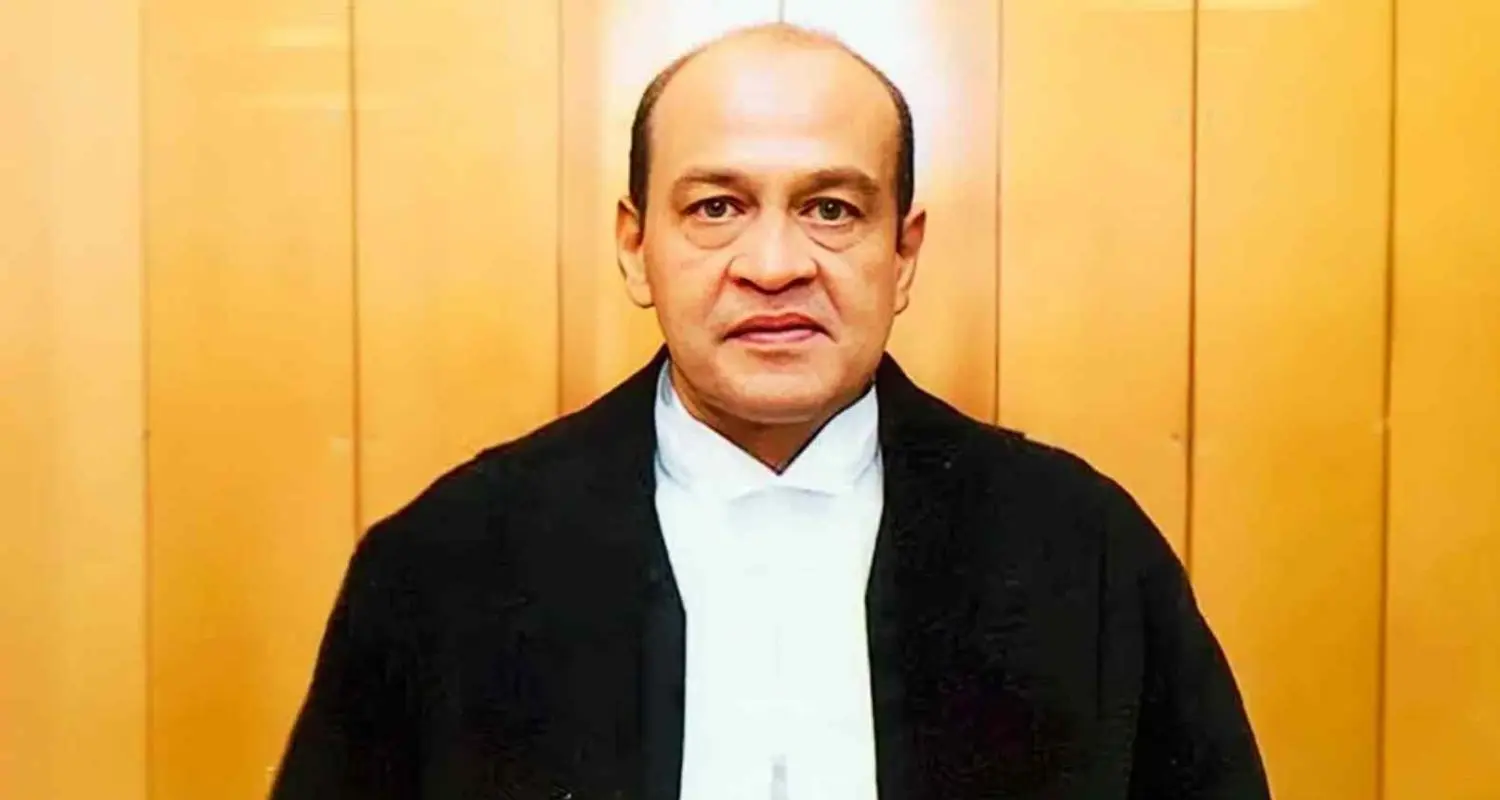Parliament Panel Formed to Investigate Judge in High-Profile Cash Scandal; Impeachment Process Underway
Related Articles
Mumbai-Pune Expressway पर टैंकर हादसे में 33 घंटे जाम में फंसे लोगों को Rs 5.16 करोड़ का टोल रिफंड मिलेगा
मुंबई-पुणे एक्सप्रेसवे पर एक गैस टैंकर पलटने के कारण हजारों यात्री 33 घंटे तक जाम में फंसे रहे। मामले की गंभीरता को देखते हुए...
Delhi Police Arrest Eight Linked to Lashkar-e-Taiba Module After Pro-Burhan Wani Posters Surface
The Special Cell of Delhi Police announced the dismantling of a major terror module linked to Lashkar-e-Taiba (LeT) following the emergence of posters glorifying...
High Alert in Delhi Amid Terror Threats; IEDs Recovered in Punjab and Kashmir
In a significant security development, a heightened alert has been issued in Delhi due to potential terrorist activities. This precaution comes in the wake...


